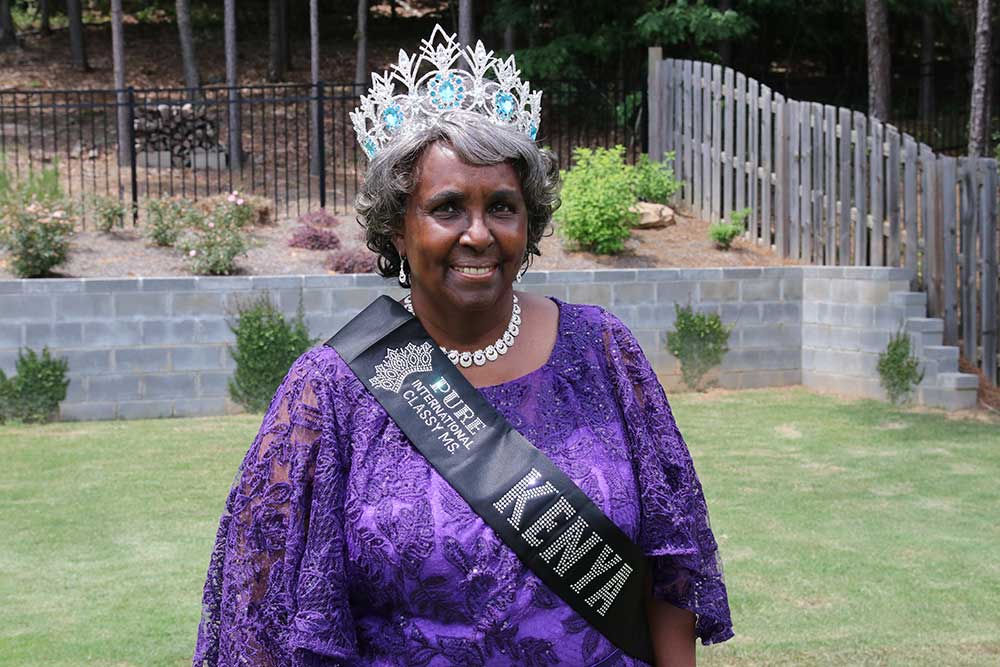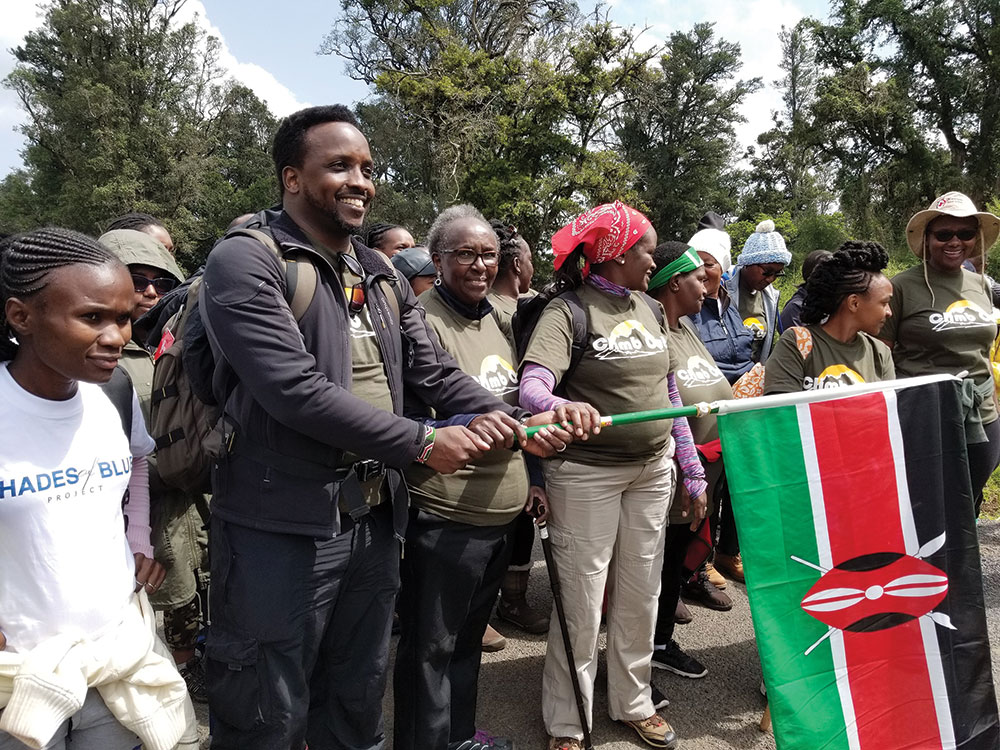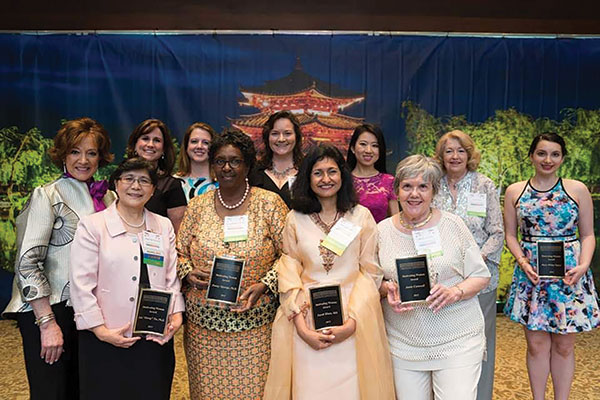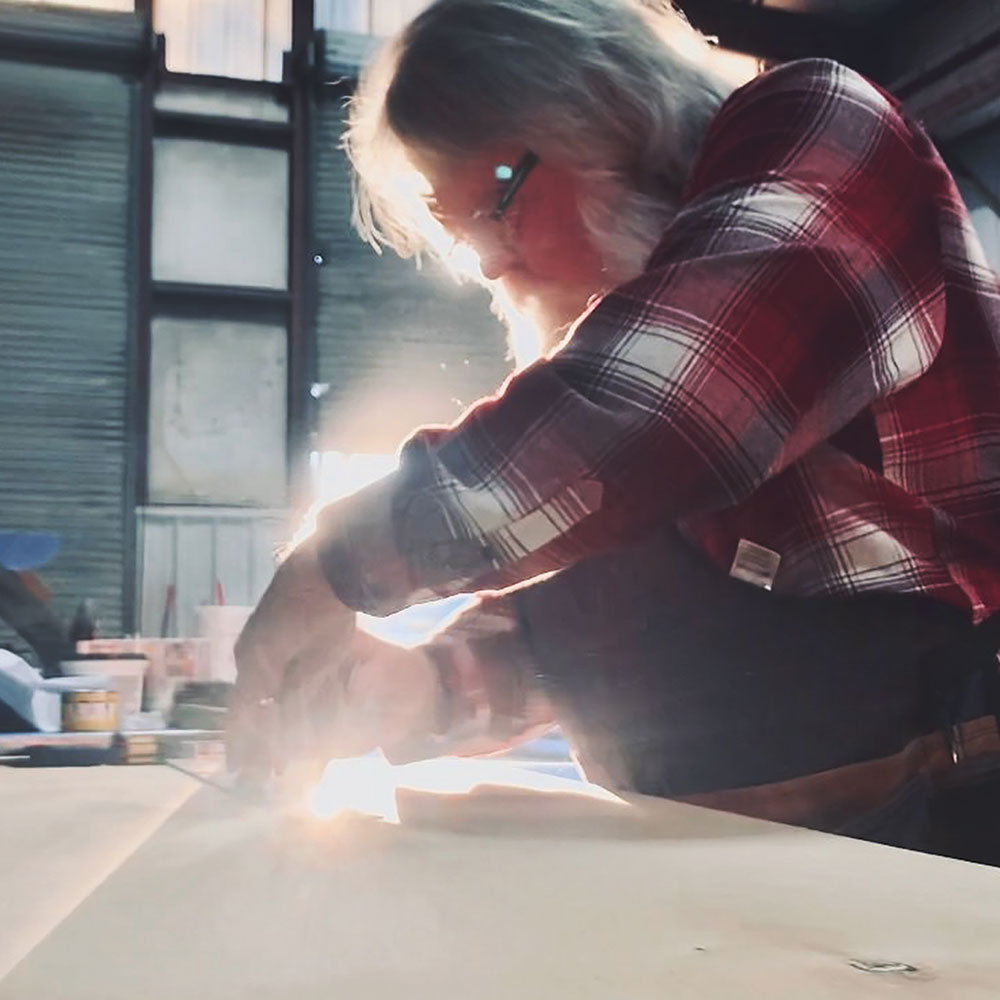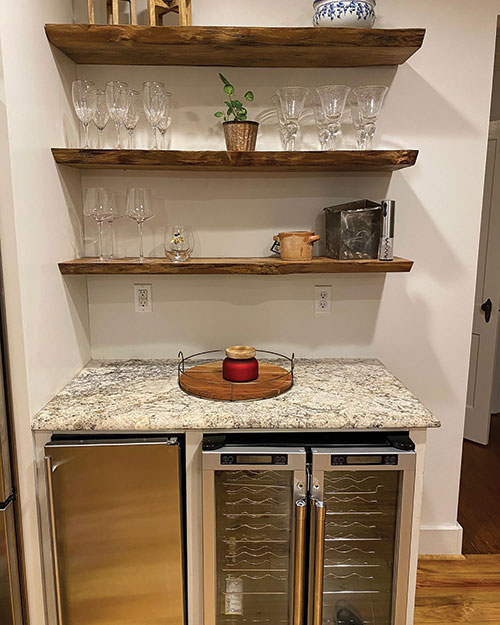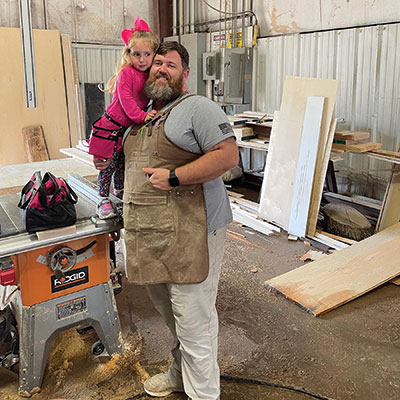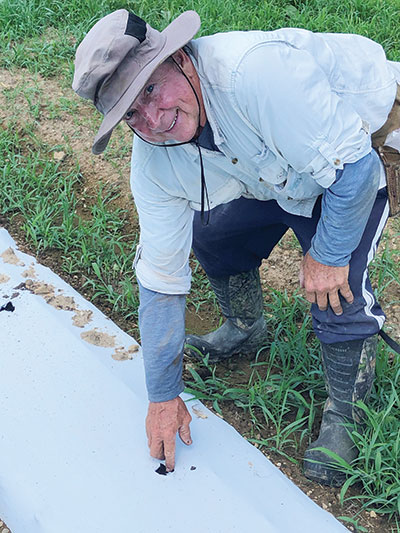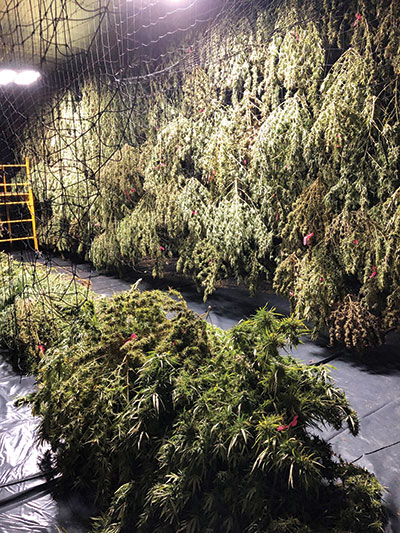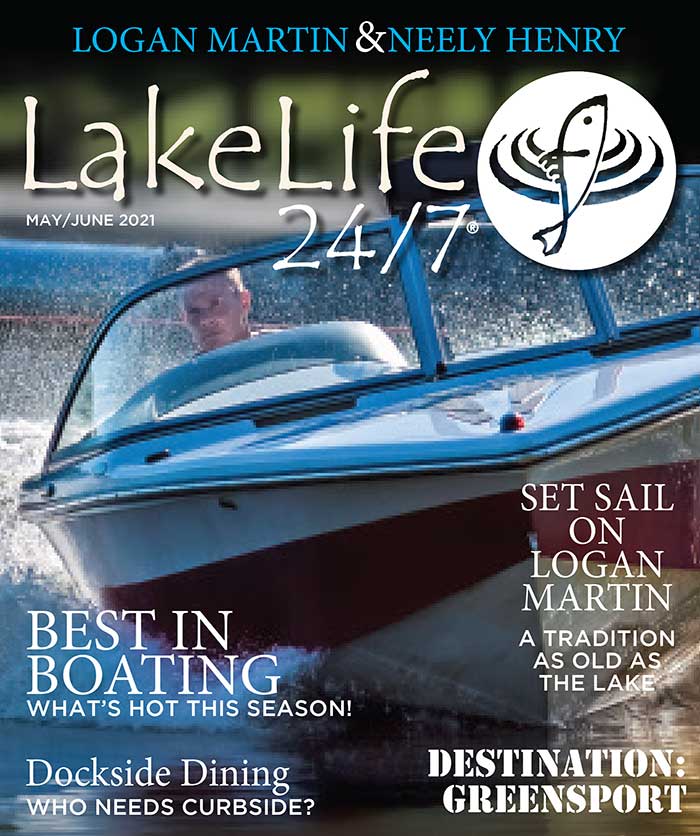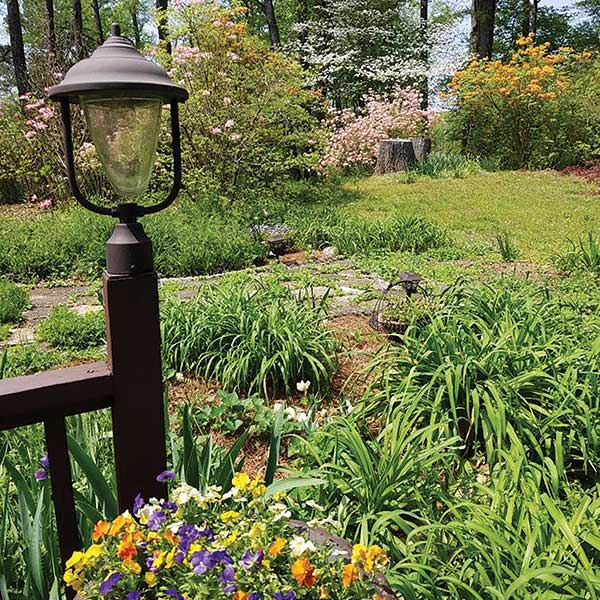Ms. Senior St. Clair is personification of empowerment
Story by Scottie Vickery
Photos by Graham Hadley
Submitted Photos
Growing up in Kenya, Dr. Penny Njoroge wanted nothing more than to get an education. The oldest of 10 children, she longed to learn and had big dreams, but they seemed to be out of reach.
“In my village, girls were raised to get married, raise families and serve the extended families in the communities – never to go to school,” she said. “I pestered my father until he got tired and registered me in school at age 11. As a result, he was kicked out of his family and clan, disinherited and forced to take us from our ancestral home. We ended up in the poorest slums of Nairobi.”
In the decades that followed, Dr. Penny, as she’s known to most people, survived domestic violence, depression and other hardships before finally starting college in the United States when she was 56. The reigning Mrs. Senior St. Clair County, she’s a psychologist, counselor, mental health advocate, award-winning motivational speaker and life coach.
“My desire is to empower, equip and encourage people not to quit,” said Dr. Penny, now 74. “I want to inspire people to dream big and pursue their life goals, regardless of how old or young or how rich or poor they may be.”
The path from Kenya to Trussville, where Dr. Penny lives with her son and his family, was filled with challenges and heartache, but her experiences have equipped her to be a compassionate advocate. “I can understand,” she said. “I’ve been there. Things may be bad today, but they can be better tomorrow.”
Life in Kenya
Dr. Penny’s desire to go to school cost her family, and life was hard. There was no sanitation in the slums they called home, and they constantly struggled, “selling scavenged bones and metal pieces for food, clothing and tuition.” She had promised her father he would never regret sending her to school, so she worked hard, became a top performing student and earned a spot in her country’s top girls’ high school.
“Being the first of 10 children, my parents couldn’t afford to send me to college, so I started educating my siblings and working in the corporate world,” she said. She married at 22 and had four children – three boys and a girl. She loves her children dearly – “they are my backbone,” she said – but she endured a lot in her marriage.“ I survived 30 years of serious domestic abuse and violence, 25 years of depression and two attempted suicides until I ran for my life,” she said.
Her escape came by way of Servants in Faith and Technology (SIFAT), a Christian nonprofit founded by Ken and Sarah Corson, an Alabama couple who were missionaries in Bolivia. They started SIFAT in Lineville in 1979 and have trained church and community leaders from more than 80 countries to help meet basic needs in developing countries.
Dr. Penny’s church sponsored her 6-month community development training at SIFAT, and while she was in Alabama, she met some fellow Kenyans, including one who worked at Carraway Hospital. She was inspired to become a hospital chaplain, and after getting a visa, she moved to Alabama permanently in 2000 and began training at Carraway.
New Beginnings
Dr. Penny enrolled in college at 56 and earned a bachelor’s degree through distance learning from Carolina University and a master’s degree in Christian Counseling Psychology from Carolina University of Theology. She also earned her doctorate in Clinical Psychiatric Counseling Psychology from the Cornerstone University of Louisiana and worked as a board-certified trauma, hospital and psychiatric chaplain at St. Vincent’s East Hospital for 16 years before retiring as lead psychologist.
“The U.S. has been a God-given home for me; it gave me a second chance in life,” said Dr. Penny, who became a citizen in 2017. “I have loved Alabama. To me, it is a place of healing and advancement.”
Not one to sit still, Dr. Penny opened Angel Counseling Services. “My greatest passion is to remove the shame and stigma of mental illness,” the trained telehealth provider said. “Given a chance, anybody can survive and make a difference. People have a great sense of endurance if they have just a bit of a chance. I want to be able to offer compassion, to give a listening ear to someone, to give hope to someone.”
Some of Dr. Penny’s co-workers from St. Vincent’s encouraged her to enter the Ms. Senior St. Clair County pageant, and after winning that she was first runner-up in the Ms. Senior Alabama event. She also won Ms. Congeniality and People’s Choice honors.
“They said they were not looking only for beautiful faces, but also a beautiful story,” she said. “I wanted to share my inspirational story of great struggles, shame, rejection and deprivation accompanied by a spirit that refused to quit on my dreams.”
Dr. Penny said her children and grandchildren are her biggest supporters and sources of strength. “I would not be anywhere without that team,” she said. “We must intentionally cling to our families so we can face storms. I’ve gone through many storms, but it has been worth it because I am able to stand with people today and give them hope.”











